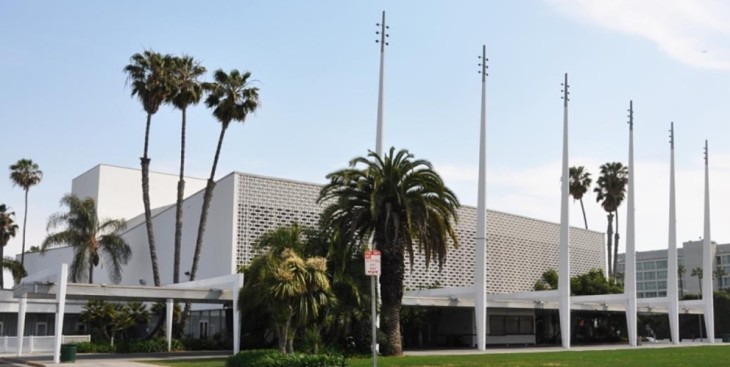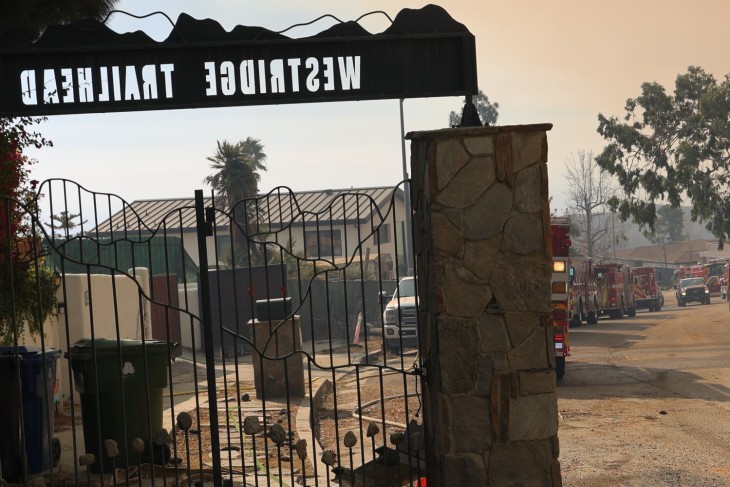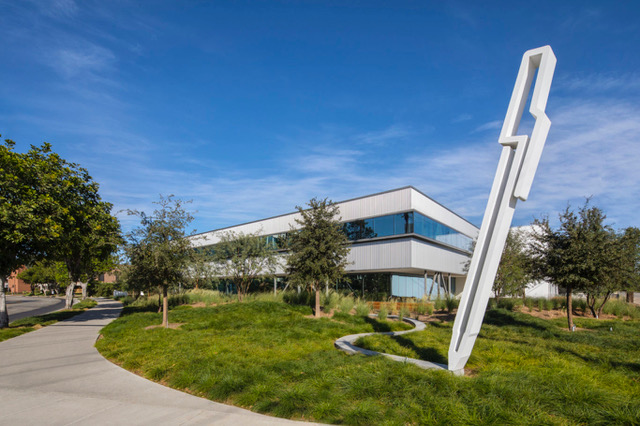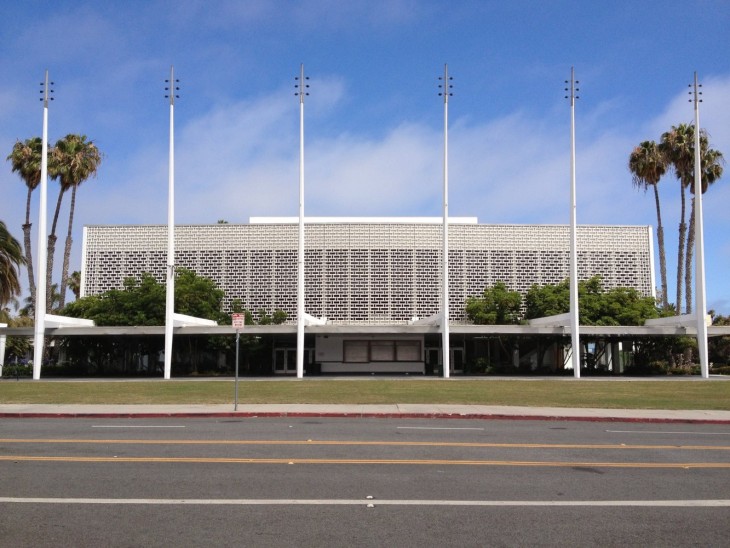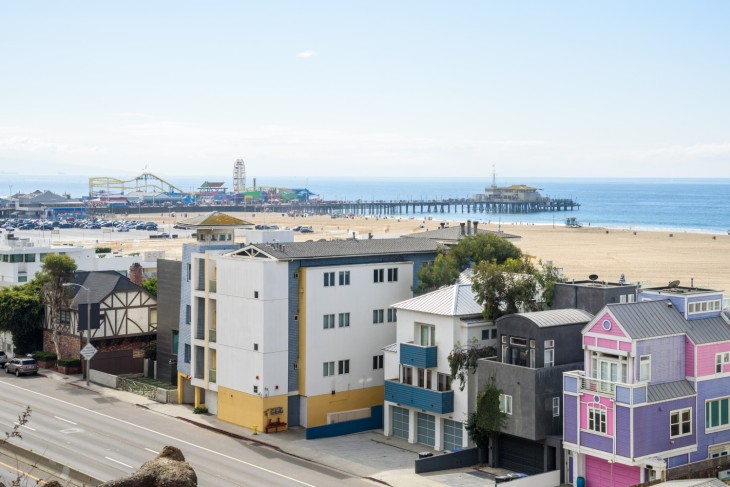There will be plenty of ballot proposition battles in California this fall that look like food fights, with figurative rotten tomatoes slung via all manner of media over issues from the death penalty to taxes and car insurance, but only one initiative fight revolves around actual food.
That’s Proposition 37, which pits most of America’s largest food producers against the natural and organic foods industry in a fight over whether all food in California should bear labels when made from plants or animals whose genetic material has been changed, or engineered.
So far, this is a one-sided battle, financially. Lined up against the initiative is a virtual who’s who of huge food companies – and well-known ones that are not so huge. Among large donors to the “no” side are Coca-Cola, DuPont, Monsanto, Del Monte, General Mills, Kellogg, William Wrigley Jr. Co., J.M. Smucker, Morton Salt, McCormick spices, Dow Chemical Co., Bayer, Hershey and Mars candies, Godiva Chocolate, Land O’Lakes dairy products, Ocean Spray Cranberries, Sara Lee bakeries, Dole fruits, Nestle USA and Campbell Soup, among others.
On the “yes” side, meanwhile, are Nature’s Path Foods, Dr. Bronner’s Magic Soaps, a Chicago osteopath and a host of small donors, including organic farms, of which the largest donor as of the Aug. 15 reporting date was the Earthbound Organic Farm of San Juan Bautista.
Opponents – most based in other states – poured more than $25 million into their war chest, about 10 times what supporters raised. That much money arriving so early indicates the final figure for spending on the “no” side will likely top $50 million. Even at that level, this won’t be the most expensive campaign of the fall – that distinction will likely go to Proposition 32, a conservative effort to politically emasculate organized labor in California – but it will surely involve some of the most complex issues and claims.
Attempts at labeling bioengineered foods have had mixed luck around America and the world, so the California outcome is difficult to predict precisely, even though summertime polls showed Proposition 37 with about 60 percent support before many campaign ads had appeared.
Labeling of genetically engineered products has been defeated by legislators in 19 states, but is required in more than 40 countries including Japan, Australia and most of Europe.
Labeling would remain far from universal here even if Proposition 37 passes; it exempts restaurant foods, alcoholic beverages and foods made from animals fed or injected with genetically engineered material but not genetically engineered themselves – cow’s milk and most meat are thus exempt, but soy milk would have to be labeled.
Among the arguments against the measure is a claim that enforcement will increase government costs. But the official ballot pamphlet estimate indicates enforcement may not run more than a few hundred thousand dollars, a pittance in state government terms.
Stores would do most enforcement, with the proposed law requiring they get sworn statements of purity from any suppliers not labeling their foods as genetically engineered. Opponents say this could open the door to myriad nuisance lawsuits against grocers and their suppliers, besides increasing costs to farmers and food processors by a purported $1.2 billion yearly.
Backers’ main argument is that all food shoppers should have the right to know exactly what’s in every product they buy. This will cost next to nothing, they say, because manufacturers will have almost two years to phase in new labels or change their products.
There are, of course, competing scientific claims: The big food companies insist there’s no harm in bioengineered foods. Bob Goldberg, professor of molecular, cell and developmental biology at UCLA, writes on the opposition website that “Foods made using modern biotechnology are thoroughly tested and proven safe. Labels are misleading and unnecessary.”
The unspoken but unmistakable implication of labels, opponents insist, is that genetically engineered foods are unsafe.
Interestingly, the single largest donor to the “no” side is Monsanto Co., which bills itself as “a sustainable agriculture company” while selling many brands of seeds and weed killers. In England in the 1990s, the same company backed labeling of the precise sort it’s now fighting. One of its ads then said “Before you buy a potato, or any other food, you may want to know whether it’s the product of food biotechnology…We believe you should be aware of all the facts before making a purchase.”
Monsanto says the reverse now, while Proposition 37’s proponents virtually echo the company’s long-ago ad as their principal argument. They also say some genetically engineered foods might cause allergies.
Voters will have to sort through all of this and amid a one-sided barrage of campaign commercials, as the “no” side vastly outspends backers, before making what amounts to a scientific decision.
All of which makes the outcome here highly unpredictable, despite Proposition 37’s apparently wide early support.


